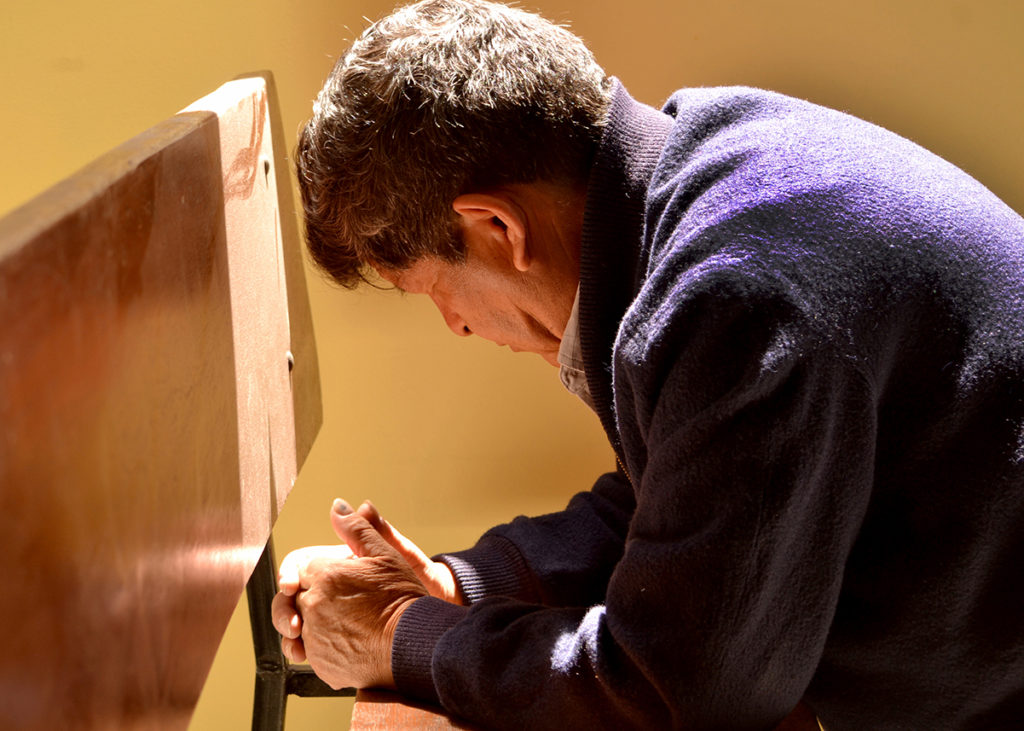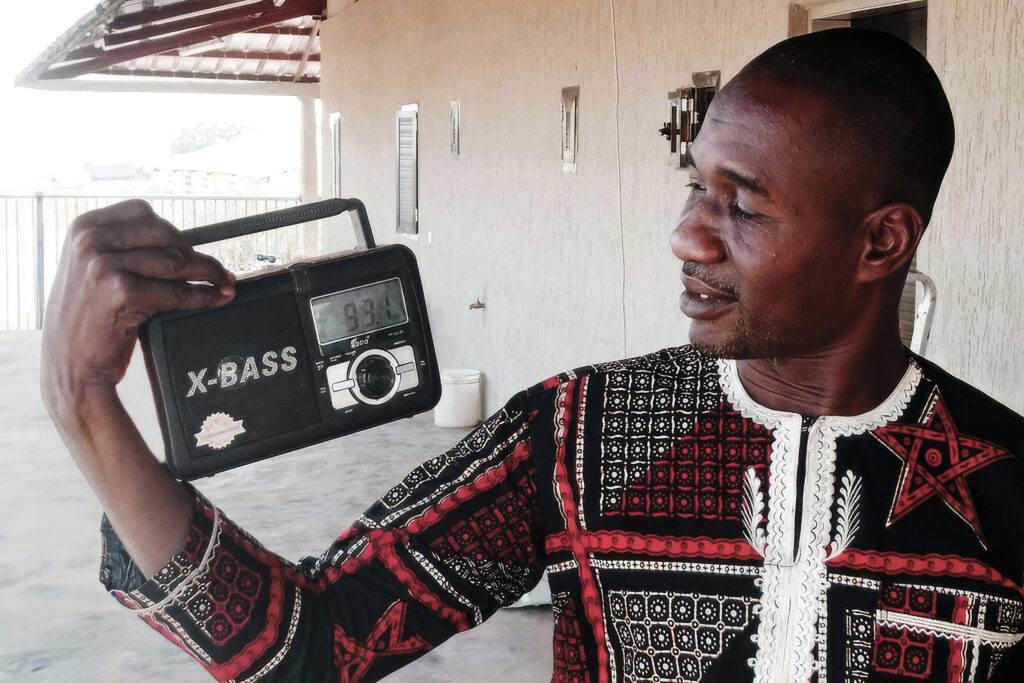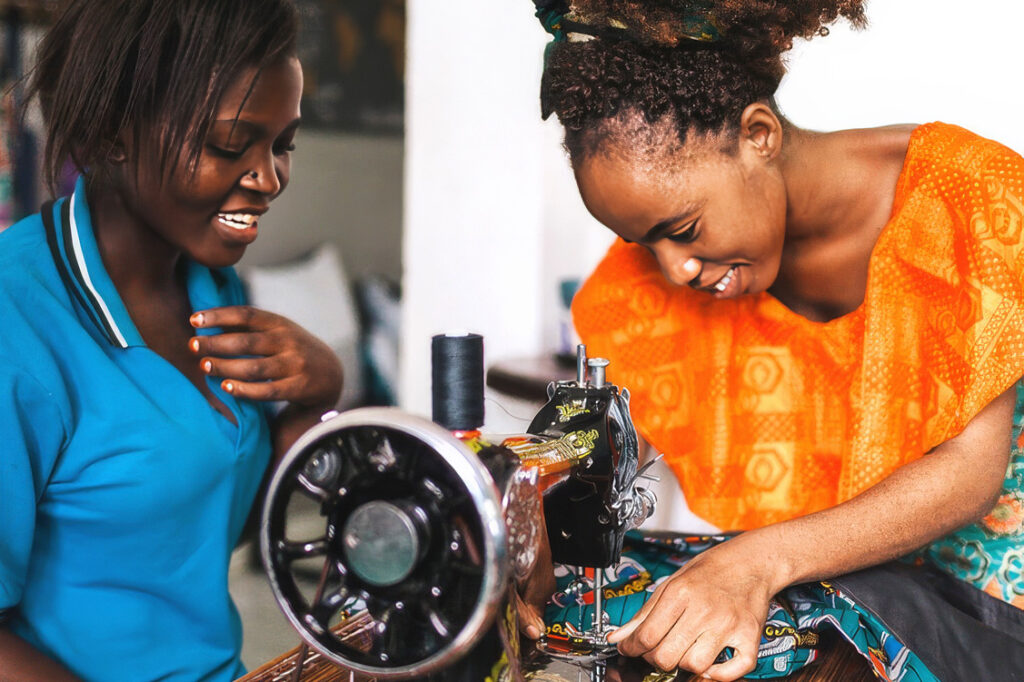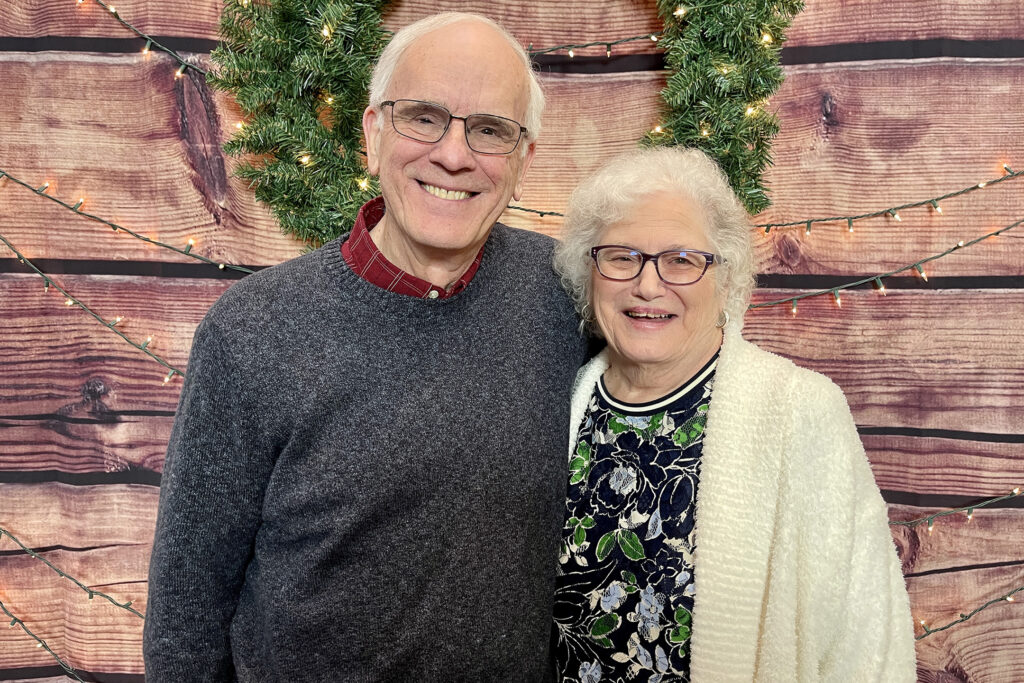Less than a year had passed since Stephen and Debi first arrived to help pioneer a mission field in Arequipa—known as “Little Rome” for its longstanding Roman Catholic roots. Although Arequipa boasted a population of more than 1 million inhabitants, the city only had four Baptist churches at the time, two of which later failed due to similar hostilities.
The invasion represented just the beginning of what would become a long list of attempts from the local priesthood to sabotage the Douglas’ church-planting ministry over the next couple of years in Arequipa, Peru.
Stephen and Debi had recently planted a church called Christian Baptist Church of Alto Selva Allegre (ASA) across the road from a Catholic parish. Infuriated at such an encroachment, the priests gave the authorities a fabricated story, accusing the Douglases of being the ringleaders of a cult.
Peruvian FBI officers searched their home for evidence and even attended church services incognito to keep an eye on the “subversive” Christians. The Douglases and their congregation were frustrated as rumors swirled. Discouraged, Stephen and Debi wondered how God would ever loosen Catholicism’s vice grip on Arequipa and make room for the gospel.
The Lord’s answer was found in a former Catholic alcoholic named Daniel Araujo.
Alone
As a young boy, Daniel typically hid in the house when his father’s temper was ignited by alcohol, the drunken outbursts unabating until he had exhausted a beating on his wife.
In the past, Daniel flinched with every blow his mother endured—but not tonight.
Channeling his fear into a burning rage, Daniel stood between his parents and shielded his mother from her husband. The action earned Daniel a vicious order to leave the home permanently. The next night, when Daniel still hadn’t left, his father threatened to kill him with a knife. At 12 years old, Daniel had no choice but to survive on the streets of Arequipa.
Eventually, the resourceful boy made his way to the coastal city of Mollendo, where he found a job at a restaurant. The family who owned the business took Daniel in as their own. He became a manager, overseeing the restaurant’s finances, as well as its food and liquor spending. But such a responsibility proved to be too much for Daniel. He began drinking in secret, falling victim to the same habit that had overtaken his father.
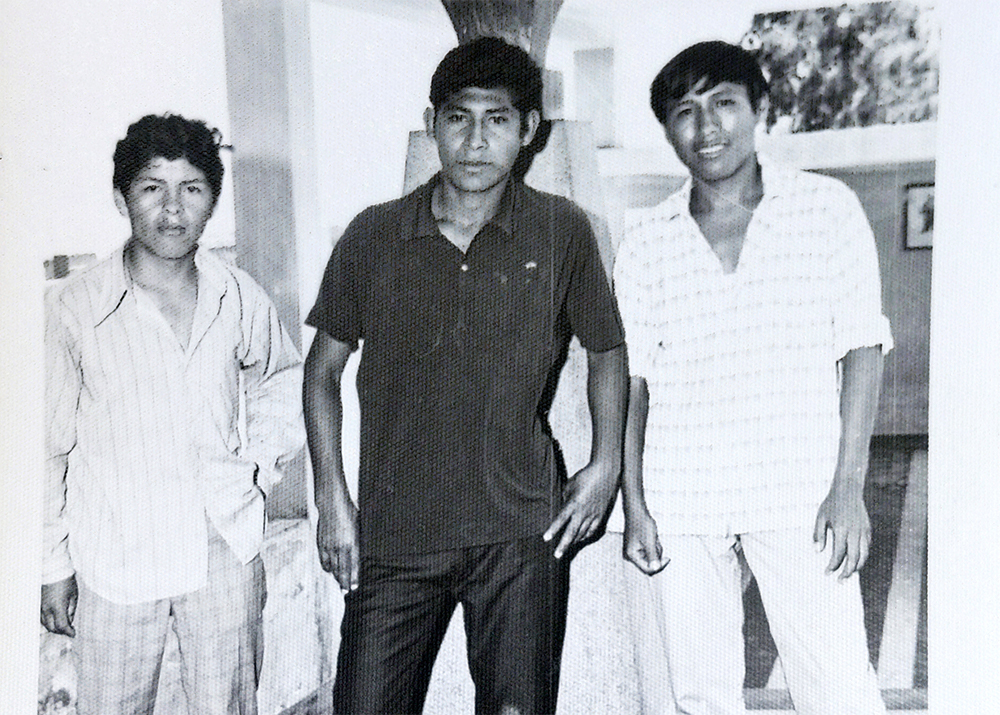
Daniel (left) with some of his friends after he was kicked out of his house for defending his mother from his abusive and alcoholic father.
Calling in Cusco
Daniel remained in the restaurant industry until he turned 19, when he discovered his skill in construction. He moved back to Arequipa and started his own contracting company.
He interacted with Christians on his crew. However, as an ardent Catholic, Daniel took up his father’s loathing of Christianity. Daniel often pressured his Christian co-workers into violating their convictions by getting them drunk.
After being hired by a major construction company in Cusco, he continued to spiral.
“We would get paid on Fridays, and then go drinking that night, Saturday night, and Sunday night,” Daniel recounted.
Although he made good money, Daniel had little to show for it. He resided in a hotel and only had a couple items of clothing and a radio to his name. Some co-workers challenged Daniel, who was now in his late twenties, to find purpose in life beyond the bottom of a bottle. Occasionally, he was able to stave off the addiction and maintain sobriety for a month or so, only to be sucked back into the hopeless, lonely cycle.
There was no escape—until God interrupted his destructive life.
While walking the streets one Sunday, Daniel crossed paths with Sonia. The young woman and her mother ran a local restaurant that Daniel often visited on lunch breaks. He liked Sonia, but her strong Christian faith was unsettling to him.
Sonia was on her way to church when she encountered Daniel, so she extended an invitation to join her. He agreed to walk with her until they were a few blocks away from First Baptist Church of Cusco, but he declined to go inside.
This became a routine. Daniel would escort Sonia to church, their parting points inching closer and closer to the building with every passing Sunday. Finally, Daniel drew so close to the church doors that he felt obliged to go in.
He felt like a traitor to Catholicism. As a scout surreptitiously surveys enemy territory, Daniel resigned himself to the backmost pew.

(left) Daniel worked in construction during his twenties. It was during this time that he met his future wife, Sonia. (middle) After Daniel was saved, he accompanied a pastor on mission trips to the mountains. (right)
The pastor garnered his full attention by rebuking the idolatry of saints in Catholicism. Daniel fumed on the inside. He vowed to humiliate the pastor by learning what he could about Christianity and then disarming the preacher with counterpoints. Daniel took copious notes of the sermons over the next three months and attended every church meeting and service.
“The only day I wouldn’t go to church was when they had a women’s meeting,” Daniel later joked.
Immediately after Sunday services, he would confine himself to his room and dedicate hours to composing arguments and rebuttals that refuted the pastor’s message.
But he labored in vain.
The Christian God he tried so desperately to disprove became more and more real to him. At one service, the gospel was presented, and Daniel’s conscience weighed heavy under the burden of alcoholism. He repented of his sin, trusted in Christ, and was baptized that same week. Three weeks later, alcohol no longer wielded power over Daniel, for he had tasted something sweeter—the glory of God.
Daniel burned with a zeal to serve the church in any capacity, so he volunteered to do janitorial work. Later, he accompanied his pastor, a former dentist, on mission trips to remote villages in the mountains. While villagers waited in line for oral treatment, Daniel would proclaim to them the same gospel that had penetrated his heart.
Ministry in Arequipa
Three years after his conversion, Daniel returned to Arequipa with a desire to cultivate a generation of Christian leaders. He started going to Stephen Douglas’ church plant, ASA, and soon expressed his interest to receive pastoral training from the ABWE missionary. For the next nine years, Stephen discipled and taught Daniel.
From teaching Sunday school to preaching from the pulpit, Daniel’s responsibilities gradually increased under the tutelage of Stephen and his team. Many church members traveled far distances to attend ASA, as it was one of only a handful of Baptist churches in all of Arequipa. Their journeys served as an acute reminder to Daniel of the vast need for more churches in the city. This inspired Daniel, with the help of Stephen, to plant a church in the mountainous region outside of Arequipa.

Pastor Daniel and his son Junior performed house visits to church members (left) and baptisms this year (right), even during COVID-19.
By the time Daniel took over as head pastor of ASA, church planting was engrained in his pastoral philosophy. So, in addition to his day job and responsibility as pastor, Daniel managed to find the time and energy to launch a seminary.
By abandoning Catholicism for Christianity, most of the seminary students had been evicted from their homes, so they lived at the church. Daniel provided the education while the food was cooked by Sonia, whom Daniel had married some years after returning to Arequipa.
When asked about his legacy of ministry work over the past 35 years in Arequipa, Daniel’s humble answer reflects 1 Corinthians 3, the passage where Paul attributes the source of a seed’s growth to God.
“The little I’ve done has been multiplied by the Lord.”
And multiply it has.
Today, the seminary Daniel began in 1993 has produced eight graduates, three of whom have continued on to establish their own churches. The school has also prepared missionaries who have been sent to Bolivia and Uruguay.
“Daniel is a key man to this movement,” said Stephen, Regional Director for South America. “There’s a reason his mother church has so many daughter churches—he’s the one carrying the vision forward.”
Under Daniel’s leadership, ASA is responsible for more than 15 churches, some fully functioning and others in the developing stages, while the greater Baptist denomination now has over 70 churches ministering in Arequipa.
The impact of Arequipa’s church-planting movement expands beyond the city limits. The Baptist churches in Arequipa, Lima, and nearby cities have trained and commissioned Peruvian missionaries to more than 25 different places, including Peru, other South American countries, and nations worldwide.
To The Ends of the Earth
For more than 90 years, the abiding heartbeat of ABWE has been to spark mission movements by the power of the gospel.
The story of Arequipa perfectly captures this vision in real life, through real people. Our goal isn’t to just plant churches—we want to multiply them.
We want our missionaries to pour into nationals, like Daniel, who wholeheartedly embrace the Great Commission as their own, and help take the gospel to the ends of the earth.
Will you consider a gift to the Global Gospel Fund to help ABWE’s 1,000 missionaries multiply their gospel impact around the world?
– Paul Davis, ABWE President
Editor’s Note: Watch Daniel’s story here.
Each gift to the Global Gospel Fund allows ABWE to serve 1,000 missionaries with vital ministry resources, leadership, planning, care, and counseling, through a team of more than 70 experts—who also know them by name, and are praying for them.
